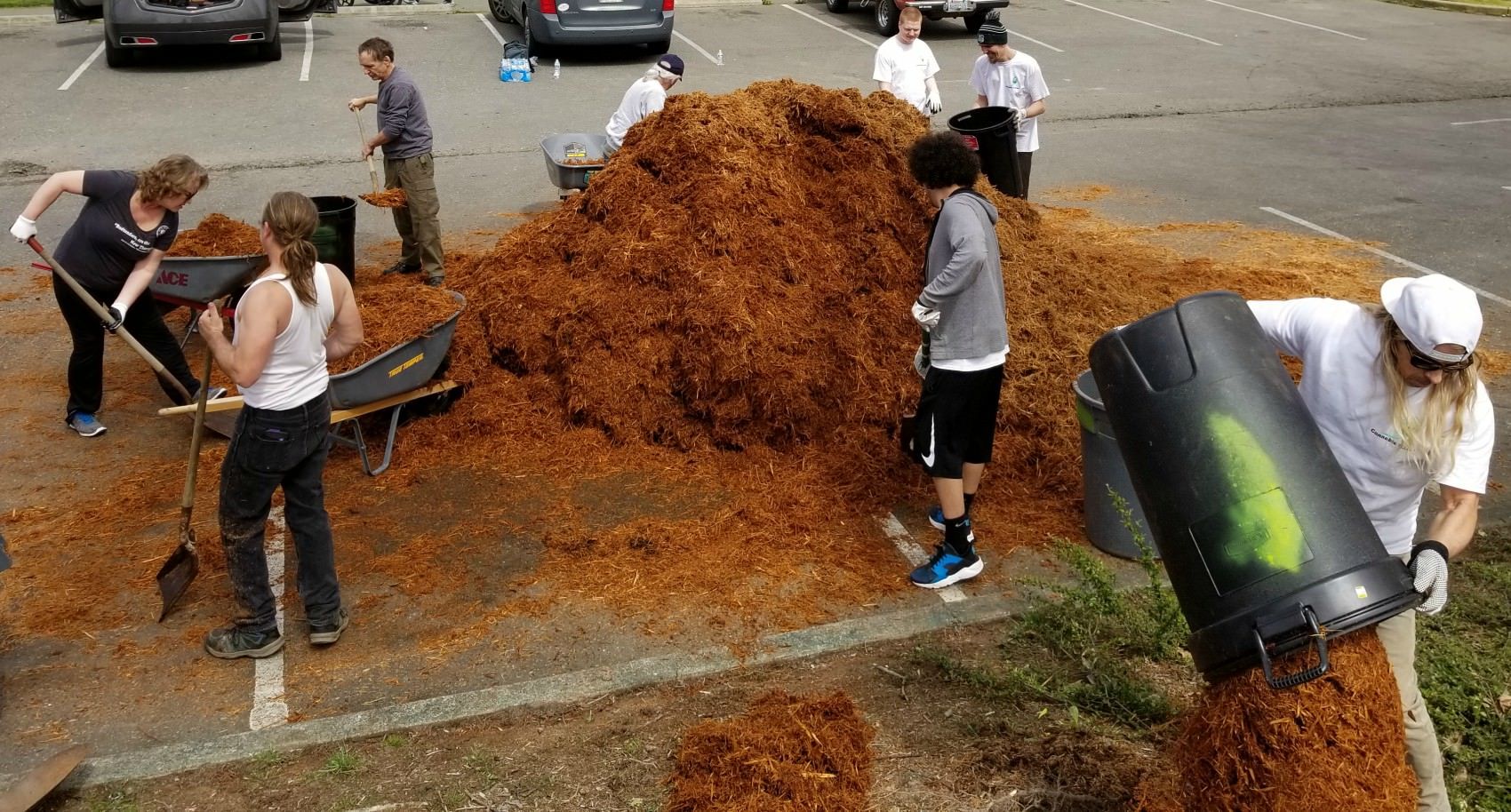Ohio awards provisional medical marijuana processing licenses, a cannabis consumer survey in California confirms licensed MJ businesses are losing market share to illicit operators, and a Florida judge says a state law restricting the number of MMJ businesses runs afoul of a voter-approved constitutional amendment.
Here’s a closer look at some notable developments in the cannabis industry over the past week.
Abundance of caution
Ohio’s medical marijuana regulators appear to be learning from earlier missteps. In May, application scoring errors and subsequent lawsuits in Ohio’s cultivation licensing process threatened the program’s viability.
Now, regulators are moving cautiously when awarding processing licenses.
Here’s what you need to know:
- Last week, regulators awarded only seven of 40 processing licenses from a field of 104 applicants.
- Six more are pending tax and background checks.
- After those six applicants learn whether they’ll receive a license, others will have an opportunity to review their evaluated applications and make additional clarifications in a bid to win approval.
“While everyone’s eager to find out whether they’ve been awarded a license, there’s also an appreciation that (regulators are) doing their due diligence to avoid the missteps in the cultivation licensing process and make sure they’re not repeated,” observed Thomas Rosenberger, the executive director of the National Cannabis Industry Association of Ohio.
Three of the seven processing licenses were awarded to licensed cultivators, and Rosenberger noted that should make a full range of products available sooner – but the state still won’t hit its Sept. 8 launch deadline.
“That’s not going to happen,” said Tom Haren, an Ohio attorney who is representing some of the applicants. “And that’s unfortunate.”
“A lot of folks were hoping to know who all the provisional license winners were by this point,” Haren said. “The state has its process in place and is going through its evaluation.
“It’s fair to say that there are some people that are frustrated by how long it has taken to issue the rest of the licenses.”
Black-market blues
According to a new California cannabis consumer survey conducted by the MJ tech company Eaze Solutions, 18% of respondents made a marijuana purchase from an unlicensed business in the previous three months, and 84% said they’d do it again because the illicit market has “cheaper products and no tax.”
Losing significant market share to illegal operators is a concern to licensed companies in the state. Many are already feeling pinched from supply shortfalls and retail price increases related to new rules that kicked in July 1 requiring retailers to sell only lab-tested cannabis products.
Adolph Ward, co-owner of Around My Way, a licensed delivery service in Oakland, said the report’s estimate of consumers buying from the black market is “so low it makes no sense.”
He says there are fewer than 550 licensed retailers serving a growing number of consumers.
“Where else could they possibly shop?” he observed.
He has talked with retailers who have seen a 50% plunge in sales, and he said licensed businesses are experiencing an exodus of consumers to the illicit market.
Elizabeth Tabor, the owner of two licensed dispensaries – the Mount Shasta Patients Collective in Mount Shasta and La Florista in the city of Weed – noted this is likely a long-term issue and it may take time for the state to get control of the illegal market.
She said the state and cities should stop “taxing people into the black market.”
By contrast, some licensed retailers aren’t overly worried about competition from unlicensed businesses.
Chris Jennings, the owner of licensed dispensary Lakeside Herbal Solutions in Clearlake, said he’s actually seen an increase in sales and hasn’t felt the burden of the illegal market. He acknowledged, however, that the black market might be having more of an impact in big cities.
“People will always buy from the black market,” Jennings said. “But the same people will eventually make their way to a dispensary to find a specific product.”
Growing pains
A Florida judge declared that a cap on the number of medical marijuana licenses and a requirement for the businesses to be vertically integrated undermine the “clear intent” of a voter-approved constitutional amendment.
The judge’s decision was made in a case filed by Florigrown, and if the ruling is sustained, this and other cases could open up one of the most lucrative markets in the country – potentially diluting the value of current licenses.
Florida currently has only 14 vertically licensed operators and is in process of adding four more because of market growth triggers.
MedMen Enterprises, which recently announced a deal to acquire one of those license holders, Treadwell Simpson Partnership, for $53 million, seemed unfazed.
“We are watching the legal developments in Florida closely,” Daniel Yi, MedMen’s senior vice president of corporate communications and investor relations, wrote in an email. “But it doesn’t change the fact that state remains an important market for the industry.”
He added that the Treadwell acquisition remains on track.
Each of Florida’s vertically integrated licensees can open up to 25 dispensaries. When the market hit 100,000 patients earlier this year, they were allowed by statute to open up five additional ones.
Joey Peña can be reached at joeyp@mjbizdaily.com
Jeff Smith can be reached at jeffs@mjbizdaily.com




